Fintech Salary Calculator
Estimate Your Fintech Salary
See how your career path compares to industry standards with our interactive salary calculator.
Estimated Annual Salary
This estimate is based on the latest industry data from the Georgia Fintech Academy (2025). Salaries may vary by company size, benefits package, and individual performance.
Want a career that pays well, moves fast, and actually changes how money works? Fintech isn’t just a buzzword anymore-it’s one of the most dynamic places to build a long-term career. By 2025, the global fintech market is worth over $310 billion, and in the U.S. alone, it’s a $110 billion industry. Jobs in this space are growing at 25% to 30% per year, faster than almost any other tech field. You don’t need a finance degree to get in. You don’t even need to start at the top. What you do need is the right mix of skills, curiosity, and willingness to learn.
What Exactly Is Fintech?
Fintech is when technology meets finance. It’s not just apps that let you send money to friends. It’s AI that approves your loan in 60 seconds. It’s blockchain that tracks carbon credits for farmers in Kenya. It’s algorithms that detect fraud before a transaction even finishes. The modern fintech industry took off after the 2008 financial crisis, when people lost trust in banks and started looking for faster, simpler, and more transparent alternatives. Companies like Square, PayPal, and Stripe didn’t just make payments easier-they rewrote the rules.
Today, fintech includes:
- Mobile banking and neobanks (like Chime or Revolut)
- Peer-to-peer lending platforms
- Robo-advisors for investing (Betterment, Wealthfront)
- Buy-now-pay-later services (Klarna, Affirm)
- Cryptocurrency and digital wallets
- RegTech for compliance and fraud detection
- InsurTech for automated insurance underwriting
These aren’t side projects. They’re core parts of the global financial system. And they need people to build, secure, and scale them.
Top Fintech Careers in 2025
Fintech isn’t just for coders. You can work in tech, finance, design, legal, marketing, or customer experience. But the fastest-growing roles are those that sit at the intersection of tech and finance.
Here are the most in-demand positions right now:
- AI and Machine Learning Engineers - These professionals build systems that predict credit risk, detect fraud, and personalize financial advice. Senior AI roles pay over $200,000, and demand is skyrocketing.
- Blockchain Developers - They design decentralized finance (DeFi) protocols, smart contracts, and digital asset systems. Skills in Solidity, Ethereum, and Web3 are critical.
- DevOps Engineers - They keep fintech platforms running 24/7. If a payment app crashes during a holiday sale, it’s a DevOps problem. Salaries range from $95,000 to $170,000.
- Information Security Analysts - With $110 billion in transactions flowing daily, security isn’t optional. CISSP and CISM certifications can bump your salary by 20% or more.
- Data Scientists and Big Data Specialists - Fintech runs on data. These professionals analyze millions of transactions to spot trends, prevent losses, and improve customer experiences.
- Product Managers - They bridge tech teams and users. You don’t need to code, but you need to understand financial regulations, user behavior, and technical limits.
- Compliance and Risk Analysts - As fintech grows, so do regulations. These roles ensure companies follow anti-money laundering (AML) and KYC rules without slowing innovation.
- Customer Success and Support Specialists - Fintech companies need people who can explain complex tools to everyday users. These roles often start at $55,000 and lead to management tracks.
Even roles like sales, business development, and marketing are thriving. PayPal, for example, hires people for tech and non-tech roles alike. You can work on the product, the marketing, or the legal side-and still be part of fintech.
How Much Do Fintech Jobs Pay?
Fintech pays more than most tech jobs-and way more than traditional finance roles. According to the Georgia Fintech Academy’s 2025 Salary Guide, the average U.S. fintech salary is $123,495. Most professionals earn between $88,000 and $151,000. But the top 10% make over $184,500. Specialized roles in AI, cybersecurity, and blockchain often exceed $200,000 in base pay.
Here’s a quick breakdown:
| Role | Entry-Level (Starting) | Mid-Career | Senior/Leadership |
|---|---|---|---|
| Junior Software Developer | $70,000-$95,000 | $100,000-$130,000 | $140,000+ |
| DevOps Engineer | $85,000-$100,000 | $110,000-$140,000 | $150,000-$170,000 |
| Information Security Analyst | $80,000-$95,000 | $100,000-$135,000 | $140,000-$175,000 |
| Financial Analyst | $65,000-$75,000 | $80,000-$95,000 | $100,000-$120,000 |
| Customer Success Associate | $55,000-$65,000 | $70,000-$85,000 | $90,000-$110,000 |
| Chief AI Officer / Lead AI Engineer | N/A | $180,000-$220,000 | $250,000-$800,000+ |
Leadership roles in fintech-like Head of Data, Chief Risk Officer, or FinTech Strategist-can hit $300,000 to $800,000. And unlike traditional finance, you don’t need to climb a 15-year ladder to get there. Many fintech companies promote fast, especially if you can deliver results.

Skills You Need to Break In
Here’s the truth: fintech doesn’t care if you went to Harvard. It cares if you can build, analyze, or secure a system that works.
According to the Georgia Fintech Academy, 50% of fintech firms now prioritize technical skills over traditional degrees. That means you can learn what you need without going back to school for four years.
Here’s what actually matters:
- Programming - Python is the #1 language in fintech. It’s used for data analysis, AI models, and automation. JavaScript, Java, and Go are also common.
- Data Analysis - Learn SQL, Excel, and tools like Pandas or Tableau. You need to turn raw numbers into insights.
- Cloud Platforms - AWS, Google Cloud, and Azure are where fintech apps live. Know how to deploy, monitor, and scale systems.
- AI and Machine Learning - Even if you’re not building models, you need to understand how they’re used in lending, fraud detection, and customer targeting.
- Blockchain Basics - You don’t need to mine Bitcoin, but you should understand smart contracts, wallets, and decentralized ledgers.
- Financial Literacy - Know how banks work, what KYC and AML mean, and how payments settle. You don’t need to be a CPA, but you need to speak the language.
- Problem-Solving - Fintech moves fast. You’ll face new regulations, security threats, and customer demands every week. Adaptability is non-negotiable.
Curiosity is just as important as coding. As Kathleen DeRose from NYU says, “The job prospects reflect the tech transformations underway.” If you’re not excited by new tech, fintech will burn you out.
How to Get Started (No Degree Required)
You don’t need a finance degree. You don’t need a computer science major. You just need to start building.
Here’s a realistic path:
- Learn the basics - Take a free Python course on Coursera or Codecademy. Spend 30 minutes a day. Do a data analysis project using public financial datasets.
- Build something - Create a simple budgeting app. Or build a script that tracks crypto prices. Put it on GitHub. Employers care about what you’ve built, not what’s on your resume.
- Get certified - For security roles: CISSP or CISM. For data: Google Data Analytics Certificate. For cloud: AWS Certified Cloud Practitioner. These cost under $500 and take weeks, not years.
- Join the community - Attend fintech meetups (many are virtual). Follow fintech news on TechCrunch, Finextra, or The Block. Talk to people on LinkedIn.
- Apply for internships or junior roles - Startups are more likely to hire someone with a portfolio than someone with a perfect GPA. Look for roles like “Junior Data Analyst” or “Customer Support for FinTech App.”
Many people switch into fintech from other fields-accounting, teaching, even the military. One DevOps engineer I know was a high school math teacher. He learned Python in six months and landed a job at a payments startup.
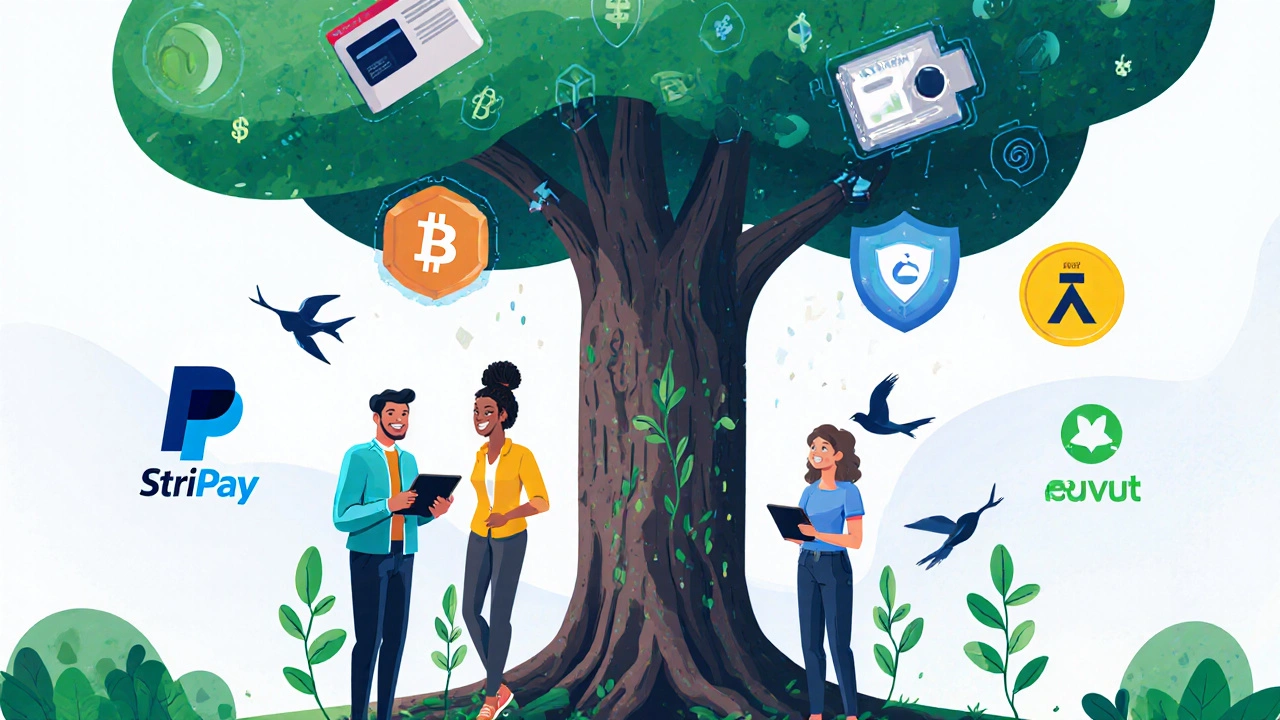
Where Are the Jobs?
Fintech isn’t just in San Francisco or New York. The industry is global-and growing fast in places you might not expect.
- United States - Still the largest market ($110 billion). High demand for AI, security, and cloud roles. Remote work is common.
- India - Over $27 billion in funding. Huge growth in neobanks, agrifinance, and digital lending. Great for entry-level roles.
- Australia - Over A$10 billion market. 23% membership growth in fintech associations. 4,000+ open roles per quarter in payments and wealth-tech.
- UAE (Dubai) - 12% annual growth. Strong demand for blockchain, CBDCs (central bank digital currencies), and wealth platforms.
Remote work is standard in fintech. Many companies hire globally. You can work from Bellingham, Washington, for a startup in Singapore or London.
Why Fintech Is Different
Traditional finance moves slowly. Banks take months to approve a new feature. Fintech moves in weeks. You’ll see your code go live. You’ll hear from users who love your product. You’ll fix a bug that saves someone from fraud.
Jimmy Lenz from Duke says, “Students definitely see their experience as getting to be at the very front wave of things.” That’s the real appeal. You’re not just working in finance. You’re reshaping it.
And the best part? The industry is still young. There’s room for you to define what comes next.
Do I need a degree to work in fintech?
No, you don’t. While many fintech professionals have degrees in computer science, finance, or economics, half of all fintech firms now prioritize skills over formal education. Boot camps, online certifications, and personal projects can get you hired-especially in startups and tech-first companies.
What’s the easiest way to break into fintech?
Start with a technical skill that’s in demand: Python, SQL, or cloud basics. Build a small project-like a budget tracker or a fraud detection script-and put it on GitHub. Apply for entry-level roles like Junior Data Analyst, Customer Support for Fintech Apps, or QA Tester. Many fintech companies hire for attitude and aptitude over pedigree.
Can I switch to fintech from another industry?
Absolutely. Accountants, teachers, military veterans, and even former retail workers have successfully switched into fintech. The key is to learn the relevant tech skills and connect them to financial contexts. For example, if you’re an accountant, learn how automation tools like QuickBooks API or blockchain ledgers change financial reporting.
Are fintech jobs remote?
Yes, many are. Especially in software development, data analysis, compliance, and customer success. Companies like Stripe, Chime, and Robinhood have fully remote teams. Even traditional banks hiring fintech talent now often offer hybrid or remote options.
Is fintech a stable career?
Yes, and it’s getting more stable. Fintech isn’t a bubble-it’s infrastructure. Every bank, insurer, and retailer now relies on fintech tools. The World Economic Forum ranks fintech engineers as the second fastest-growing job category through 2030. Demand will only increase as AI, blockchain, and real-time payments become standard.
Final Thought: This Is Your Moment
Fintech isn’t waiting for you to get the perfect resume. It’s waiting for you to start. Right now, there are thousands of open roles-many with salaries above $100,000-going unfilled because companies can’t find people who can bridge tech and finance. You don’t need to be the smartest person in the room. You just need to be curious, persistent, and willing to learn.
The next big financial innovation won’t come from a boardroom. It’ll come from someone who built a prototype in their garage, coded through the night, and asked, “What if?” That could be you.

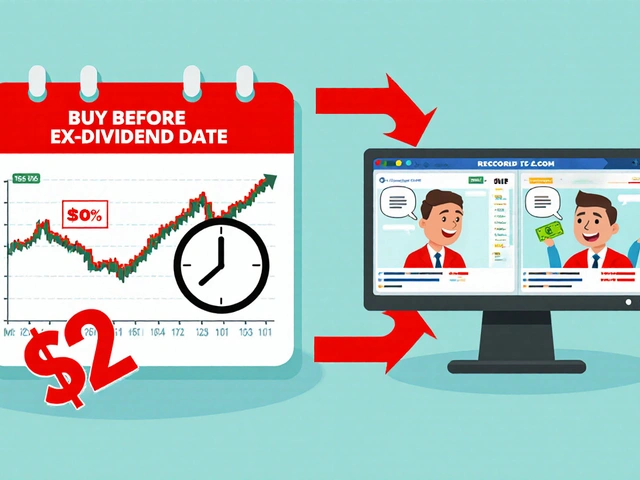
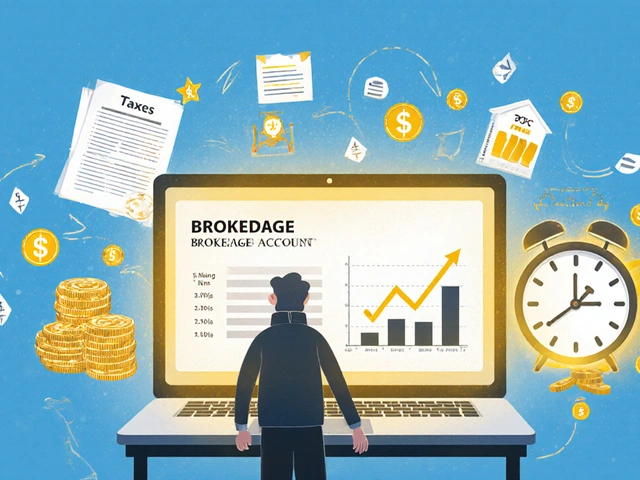
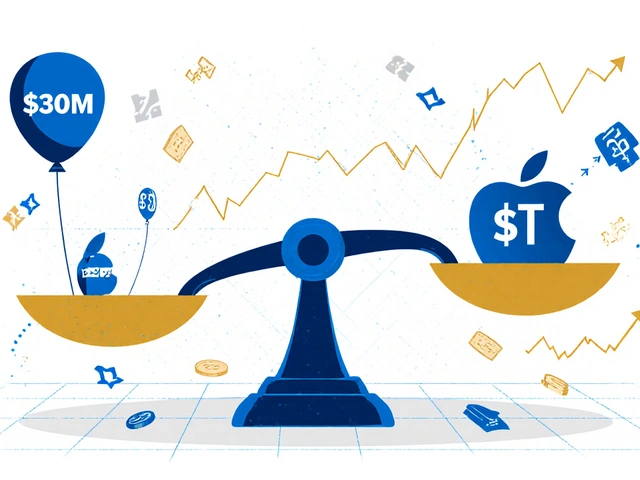

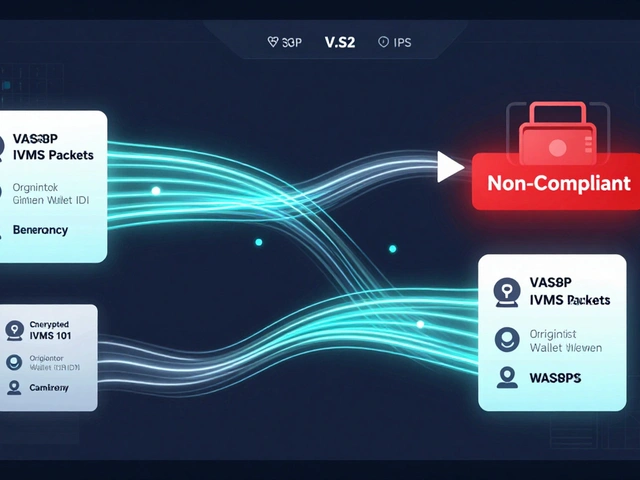
Graeme C
November 15, 2025 AT 03:34Fintech isn't just a career-it's a fucking revolution, and if you're still waiting for permission to jump in, you're already behind. I switched from corporate banking to a DevOps role at a neobank last year. No CS degree. Just Python, AWS certs, and a GitHub repo with a fraud-detection script I built while watching Netflix. Salaries here don't care about your GPA-they care if you can fix a live payment outage at 3 AM. The bar's low if you're willing to grind. Stop reading. Start coding.
Astha Mishra
November 16, 2025 AT 04:47While I find the optimism surrounding fintech both heartening and intellectually stimulating, I cannot help but reflect upon the deeper philosophical implications of this rapid digitization of human financial behavior. We are, in essence, outsourcing our economic agency to algorithms trained on historical biases-what does it mean for equity when credit scoring is determined not by character, but by clickstream patterns? The allure of $200K salaries for AI engineers is seductive, yet I wonder if we are building a financial ecosystem that serves humanity-or merely optimizes for efficiency at the cost of dignity. Perhaps the true skill we must cultivate is not Python or SQL, but ethical discernment. Let us not become the architects of a faster, smarter, yet more alienating financial world.
Kenny McMiller
November 16, 2025 AT 14:43Bro, the real MVPs aren't the coders-they're the compliance folks who keep the whole thing from collapsing. One guy I know at a crypto startup got hired because he could explain AML to a room of engineers who thought 'KYC' was a new TikTok dance. Now he's Head of Risk at $2B firm. Point is: fintech runs on chaos, and someone's gotta put the damn guardrails up. Also, if you're not learning AWS or at least understanding what a smart contract does, you're already obsolete. No degree? Cool. But you better have a portfolio that screams 'I don't need a diploma, I need a desk.' And yeah, remote work is standard. I'm writing this from a beach in Bali. Fintech doesn't care where you are. It only cares if you ship.